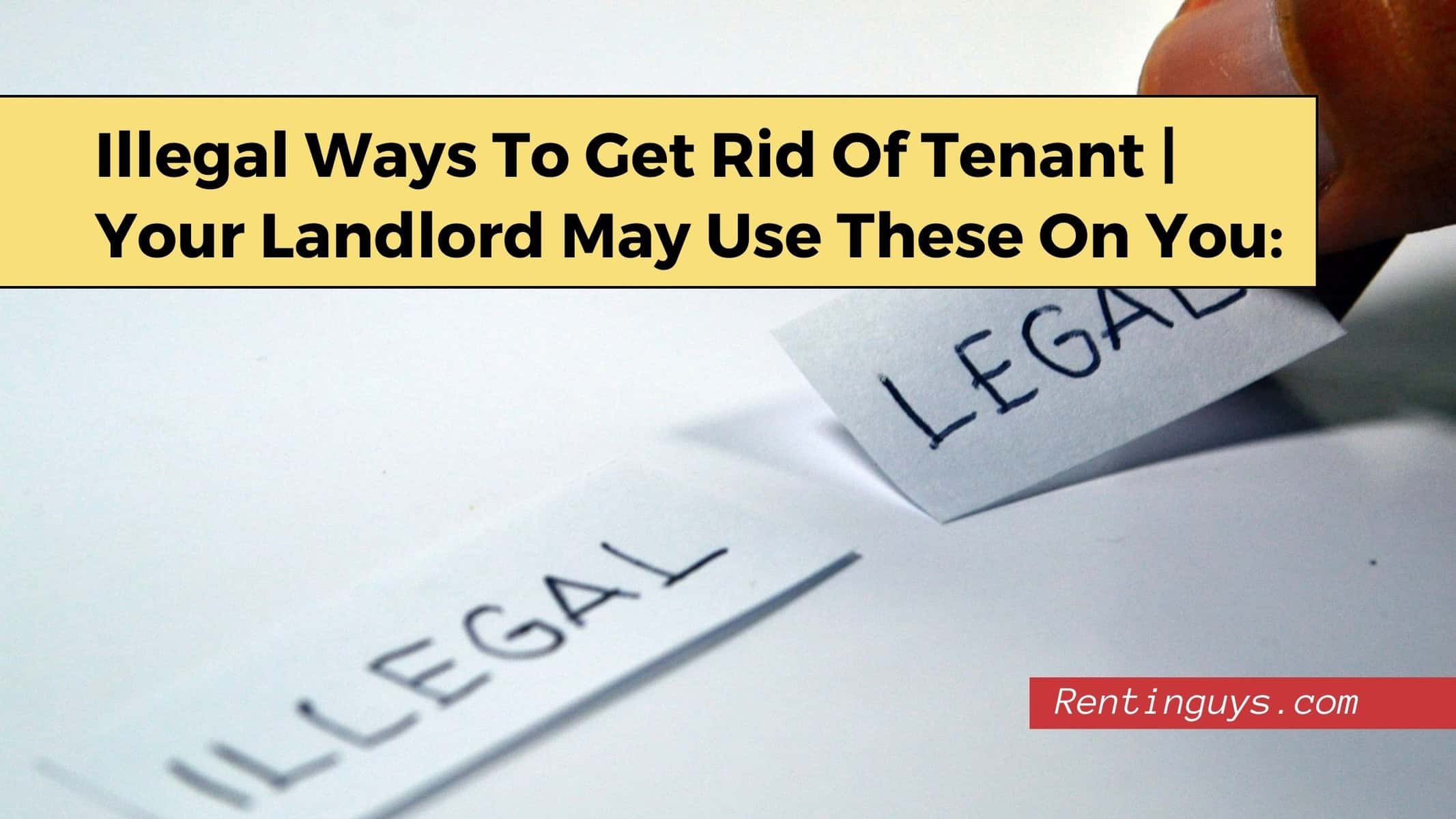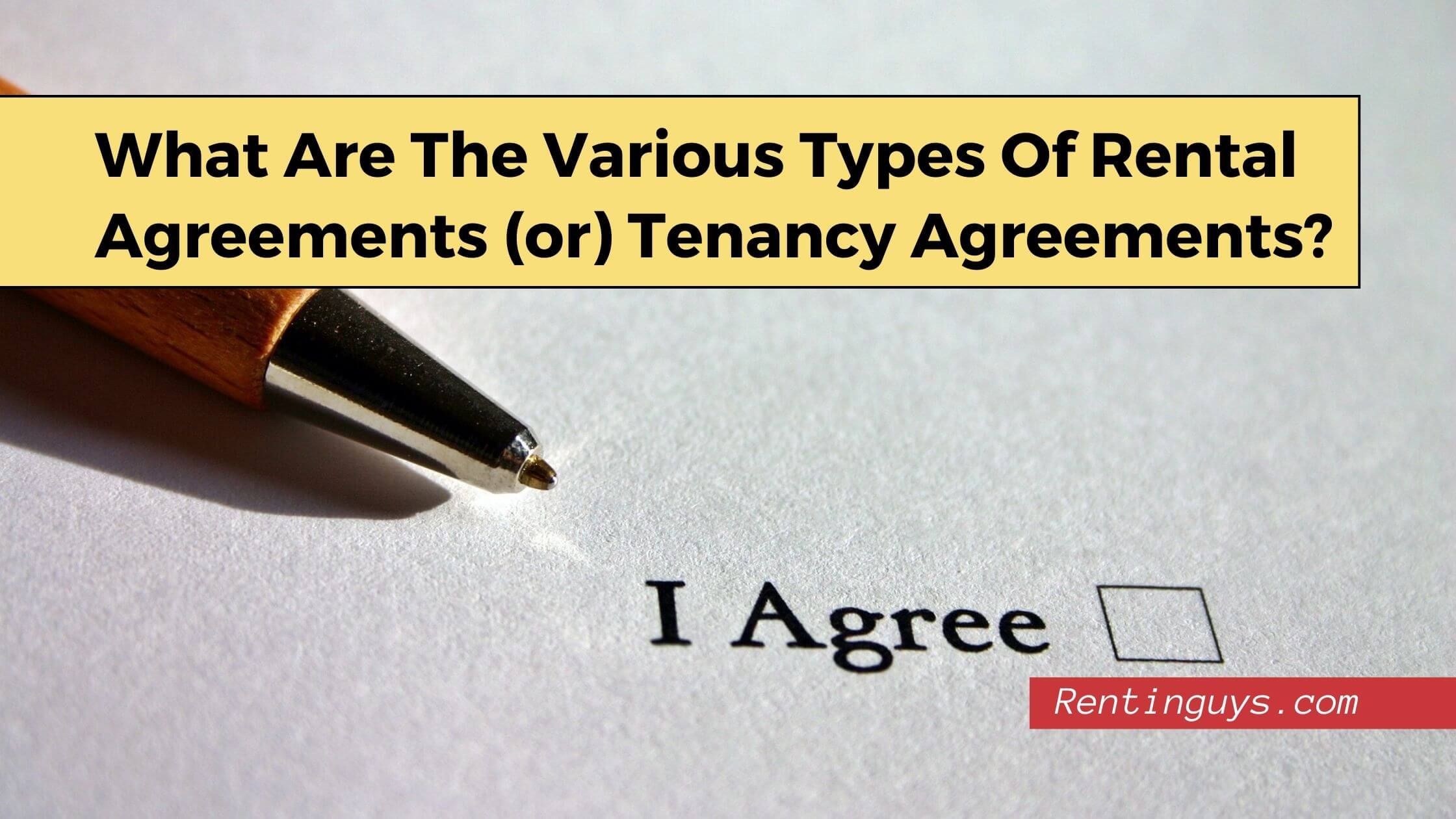The relationship between a landlord and a tenant is very tricky. There can be many contentious issues between both the parties and sometimes they may lead to actions and counteractions.
Certain actions of the landlord can be termed as harassment if they make the tenant feel unsafe and threatened.
Landlord harassment is when the landlord exhibits certain behaviors or creates some circumstances which force the tenants to abandon the property or break the lease.
The landlord can be punished by the law, when he/she shows the behavior recognized as harassment, by the law.
Most landlords do not intentionally harass their tenants but some actions done by them may be treated as harassment if they inconvenience the tenants.
Identifying these actions will help both the landlords and the tenants to stay safe and avoid conflict.
Is landlord harassment illegal?
Landlord harassment is illegal and punishable. Using aggressive methods that intimidate, coerce or harass the tenant and force them to vacate the property is against the law.
Moreover, any retaliatory action to punish the tenant for making a complaint against the landlord is also against the law.
Most courts levy hefty penalties to landlords if the tenants can prove that they have been harassed.
What is considered harassment from your landlord?
Any confrontational measures by the landlord to force or pressurize the tenant can be termed harassment. These actions can be done for anyone or all of the following purposes.
- To disrupt the tenant’s right to peaceful enjoyment of the property
- To force them to move out of the property
- To refrain them from exercising their legal rights.
To be considered harassment, the landlord’s actions have to be continuous and ongoing and not an isolated incident. The actions may be aimed directly against the tenant or against the guests of the tenant.
There are countless ways in which a landlord can harass the tenant. What constitutes harassment changes from state to state. However, there are some common actions that are considered harassment in every state.
11 examples of landlord harassment
1. Entry without notice:
The landlord must give advance notice to the tenant before entering the rental property. The only exceptions to the rule are emergencies or immediate repairs to the property.
Any entry without proper notice is termed illegal entry. Entering the property without notice can be treated as harassment.
2. Cutting off necessities:
The warranty of habitability states that the landlord must provide access to basic necessities such as clean running water, heating/cooling systems, and proper drainage.
If the owner cuts off the access to basic necessities it can be considered harassment.
3. Not providing the amenities promised in the rental lease
If the owner agrees in the rental lease to provide certain amenities and backs off from providing them, it can be treated as harassment.
Some examples can be not providing parking space, removing certain electronics from the apartment, etc.
4. Refusing to undertake repairs and maintenance
According to the housing laws, it is the duty of the landlord to undertake repairs and maintenance of the rental property.
If the landlord refuses to respond to your requests for repair and maintenance, it amounts to landlord harassment.
5. Changing the locks
The landlord cannot change the locks of the rental property without your consent.
Even when the tenant does not pay rent or does not fulfill lease obligations, the landlord has to file for eviction but cannot change the locks of the house.
You can complain of landlord harassment if your landlord changes the locks of the house.
6. Performing frequent inspections
Though the landlord has the right to inspect the property at regular intervals, he has to serve a written notice to seek the tenant’s permission to enter the property.
If your landlord repeatedly enters the property for inspection without notice, it amounts to harassment.
7. Threatening actions
Arguments between the landlord and the tenant are common, but the landlord should not use threatening language or intimidate the tenant through bodily harm.
Any threatening words or actions from the landlord amount to harassment.
8. Raising rent without notice
The landlord cannot increase the rent before the expiry of the lease term. Even if he wishes to increase the rent, he should serve a written notice at least 30 days in advance.
Demanding increased rent without proper notice is considered landlord harassment.
9. Refusing to accept rent payments
The landlord has to accept rent payments from the tenant in the prescribed format agreed in the rental lease.
If the landlord refuses to accept rent payments to threaten the tenant to withdraw a complaint or force him to evict the property, it is landlord harassment.
10. Filing false charges against the tenant
Sometimes landlords indirectly harass tenants by threatening to file or actually filing false charges. For example, the landlord may file false charges of violating the guests’ policy or the no pets policy.
11. Sexual harassment
Any crude remarks, obscene gestures, or sexual advances by the landlord amount to sexual harassment.
What to do if my landlord is harassing me
If you feel that the landlord is harassing you, there are several measures to protect yourself and your family.
Document the entire incident
You should document all the minute details of the incident including the date, time, and place.
You should also gather all the available evidence such as photos and videos of the incident, voice mail, emails, or letters used to threaten or harass you.
It is important to remember that a single incident will not be treated as harassment. You have to document the ongoing harassment to establish the pattern and prove your case.
Approach organizations that advocate tenant rights
Every city has organizations that support tenants fighting for their rights. You can call these agencies and request guidance or mediation to stop landlord harassment.
Report to the concerned agencies
There are several bodies where you can file a complaint about landlord harassment.
For example, you can report to any of the following departments – US Department of Housing and Urban Development (HUD), Rental Protection Agency (RPA), state government agencies to solve the landlord-tenant disputes or the local police.
File for a restraining order
You can file for a temporary restraining order to prevent your landlord from harassing you.
The restraining order can be used to slow down the unfair eviction process, force the landlord to resume access to basic utilities, or stop other actions to harass you.
Sue the landlord
If the landlord’s harassment has made the environment unsafe or inhabitable for you, you can sue the landlord.
You will have to hire an experienced lawyer to fight for your rights in court. It is crucial to have as much documentation as possible to prove your claim of landlord harassment, therefore you should document every incident and collect all the available evidence.
Tenants have the right to enjoy quiet peace in a safe and habitable home. If the landlord’s actions disturb the peace or safety of the tenant, it amounts to harassment.
Tenants must brush up on their knowledge of the federal, state, and local laws to protect their rights and fight landlord harassment.
If your landlord is harassing you, it is advisable to document every action and pursue proper action to protect your rights.
FAQ’s on landlord harassment
Can I call the police if my landlord is harassing me? Who do I call?
Yes, you can call the police if your landlord is sexually harassing you, uses abusive language or actions, locks you out of the house, or threatens you in any other way.
How do I prove my landlord is harassing me?
You have to collect all the available evidence to prove that the landlord is harassing you. It is advisable to keep copies of all the notices, emails, and letters sent by the landlord.
You should also collect photos or videos of the incident, if possible. Recording eyewitness statements are also helpful to prove your claims.
My commercial landlord is harassing me. What can I do?
Using intimidation, coercion or other forms of abuse to threaten the tenant amounts to landlord harassment for both residential and commercial tenants.
You can approach the related agencies to file a complaint against the landlord or sue the landlord for any damages.
Can I break my lease if my landlord is harassing me?
If the landlord is harassing you, he has already broken the lease by failing to fulfill his part of the lease agreement.
You can consult a lawyer and take appropriate action to protect your interests.
Can you sue a landlord for harassment?
Yes, you can sue a landlord for harassment. However, if you decide to sue the landlord, collect all the evidence and document the incidents as clearly as possible.
You can sue the landlord for breach of contract, constructive eviction, and emotional distress, depending on the circumstances of your case.







